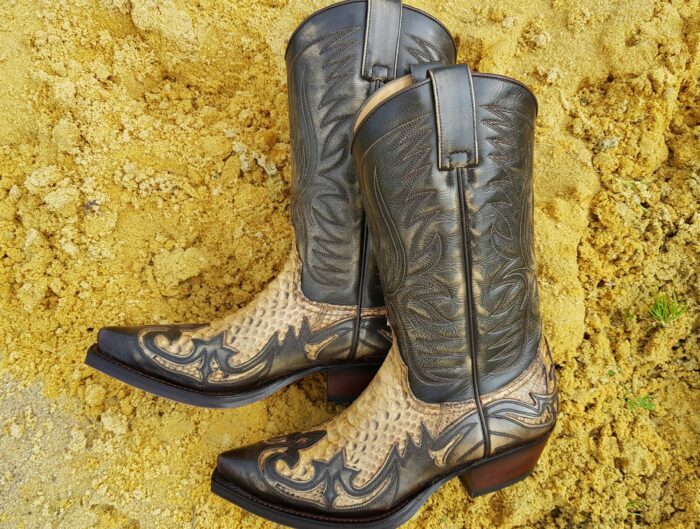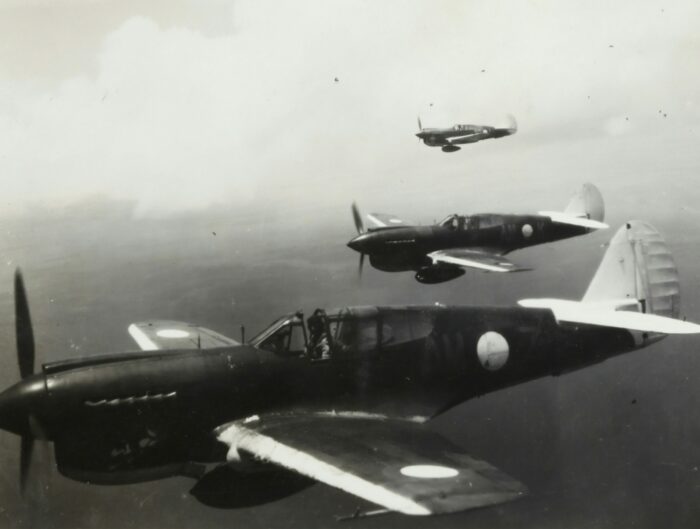It was a Saturday, early April, in the Shenandoah Valley, and our biology class was planting trees.
We pulled on ill-fitting gloves and took turns pressing shovels into the ground, which was still hard and cold from the winter snows but gave way beneath us into thick, soft earth. The holes had to be broad but not too deep. The spindly trees, we were told, would need room to spread, for their trunks to thicken, but only the roots should be buried. Forty saplings sat waiting in the bed of a truck while we dug, their roots bundled in cloth, leaning against one another like tired school children.
I wasn’t strong enough to break through the first layer of earth, and I had to step on the shovel to make a crack, push my whole body into it. The shovel teetered against my elbow with the weight of the dirt. When I lowered it, clumps of earth spilled gracelessly into a pile. I dug in again. Already by my fourth shovelful my shoulder ached. My hands were sweating, slipping inside the worn and too-big gloves. By my tenth, I had the beginning of a real hole. I found something like a rhythm, but it was obvious that I had never done anything like this before. I passed the shovel to wiry Louisa with sheepish relief as soon as the hole could be deemed done, twisting and stretching while she dug the next one a few feet away.
The gray morning was receding with the arrival of a clear wind. Already I was surrounded by holes. I watched my classmates, surprised at how quiet things were. Even the loudest boys were diligently digging. Some people even looked comfortable, more solid, with a shovel in their hands: Xander and his reddening face; Max, with his square shoulders; Maya, wispy and pale.
Henry hit a rock. Mr. Nittle, in his slow and careful drawl, was telling him to refill his hole and start a new one.
“The roots won’t take. They’ll have nowhere to go.”
Henry kept working, the shovel scraping against the boulder as he dug around it. Mr. Nittle watched him for a moment, until Henry said he was sure he could pry the rock out. I hadn’t heard him speak so assertively since before his mother died, in September, or maybe ever. He’d been casual, always, and mostly he told jokes, despite his long, serious face and hunched, slinking body. Mr. Nittle walked away, and Louisa handed the shovel back to me. I began digging again, watching for a rock. This hole was easier, the movements more familiar. Henry had been my first kiss, the year before, and I knew this didn’t mean anything, but I still felt that maybe there were things I could do for him that no one else could. I watched him dig while I worked. Occasionally he tried sticking his shovel straight into the ground, parallel to the boulder, and pulling with all his weight to pry it free. He circled around his hole, digging wider to go deeper. Over and over his shovel hit rock. I began to dig to the sounds it made.
I made myself dig two more holes before walking over to him. His hole was five feet wide and getting deep, but the boulder had grown with it. I thought of the iceberg that had taken out the Titanic. Henry was digging from the inside out now, one foot on the rock for balance. The rest of the class had finished, and we stood scattered, awaiting further instruction, watching Henry, murmuring to each other as though we were still at the funeral reception. He kept digging and scraping, apparently oblivious, giving us only the black hair of his lowered head, the occasional slice of exposed brown neck.
Mr. Nittle announced that we were going to begin planting and pointed us towards the truck. He leaned over the hole to say, in a low voice, that was enough digging, but Henry shook his head, mumbled that he was almost there. He seemed miles below the rest of us, though the hole was less than waist deep. He wiped his nose on the sleeve of his jacket, and I thought he might be crying. But when Henry looked up and caught my eyes on him, he only seemed annoyed at the interruption. I blushed, remembering how I had cried hot tears in the back pew at his mother’s service, how I couldn’t stop them even though I had never met her, only seen her thin, bald figure from across a baseball field. Someone—Max’s mother, maybe—had handed me a tissue with a disapproving look. I buried myself in it, afraid Henry would see me when he walked down the aisle in his dark blue suit, following the casket.
We filled our holes with the saplings. On our hands and knees, we replaced the soil we had just dug up, packing it firmly around each tree, layering it with mulch. We tied the leaners to stakes. I wiped dust off my jeans and looked up to see Henry piling dirt back into his enormous hole, working in circles again, undoing his morning labor. When he was done, he moved away, dug a new hole, a shallow one, pulled a sapling off the truck, and planted it. It stood straight and skinny as a lightning rod. He pulled off his gloves and lightly pressed his palms together a moment, before going for water. He did not look my way. ◆


